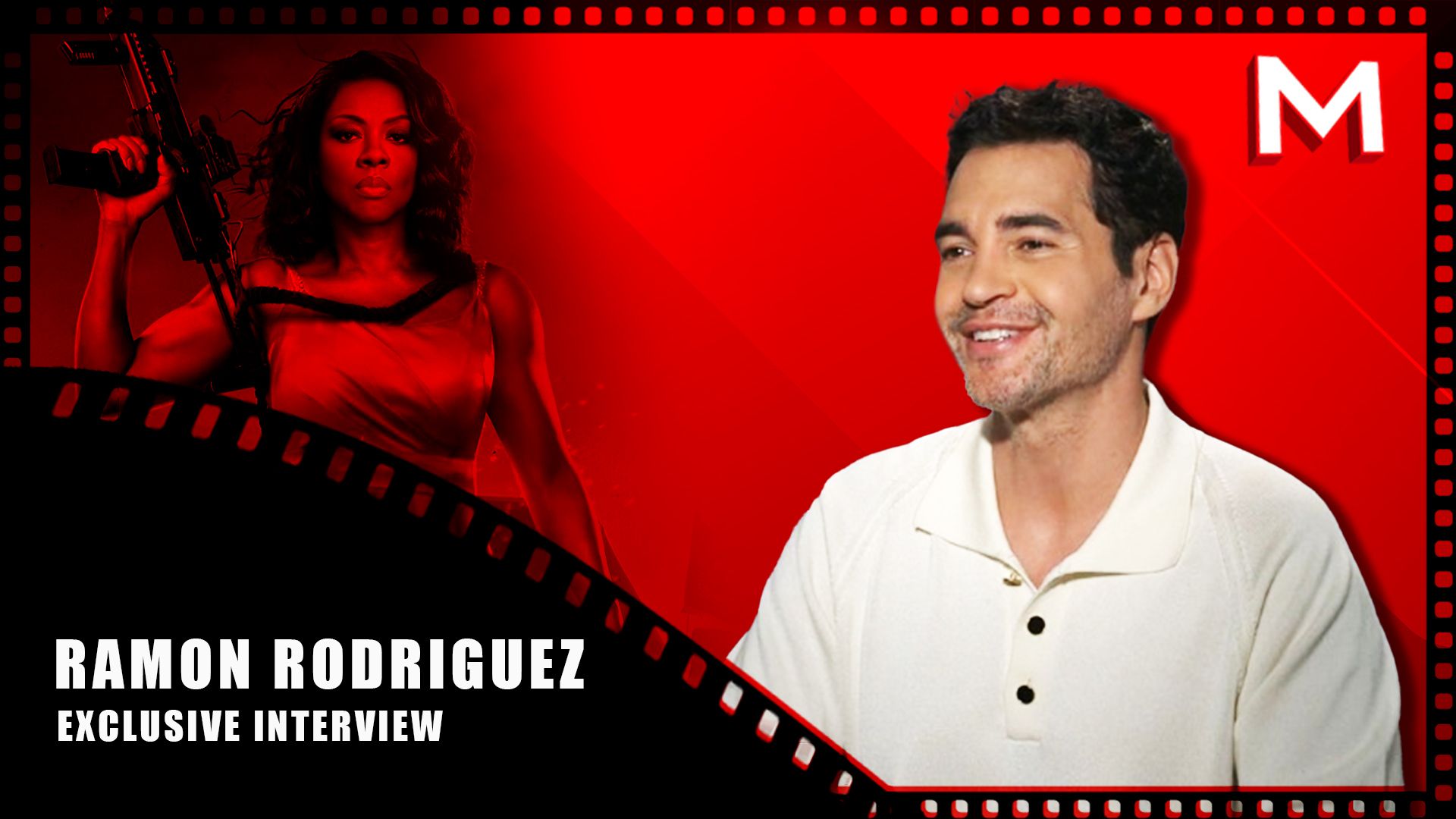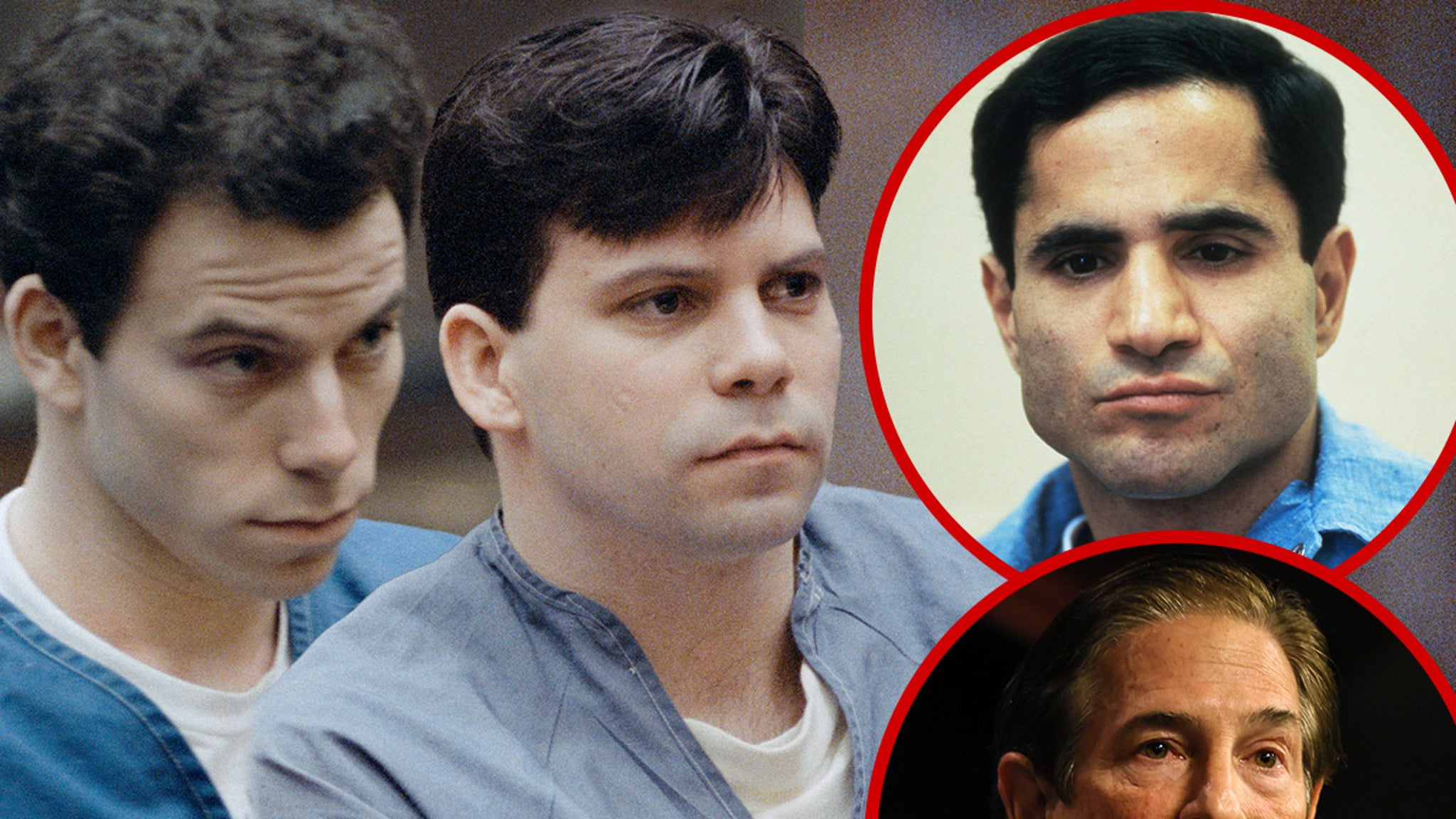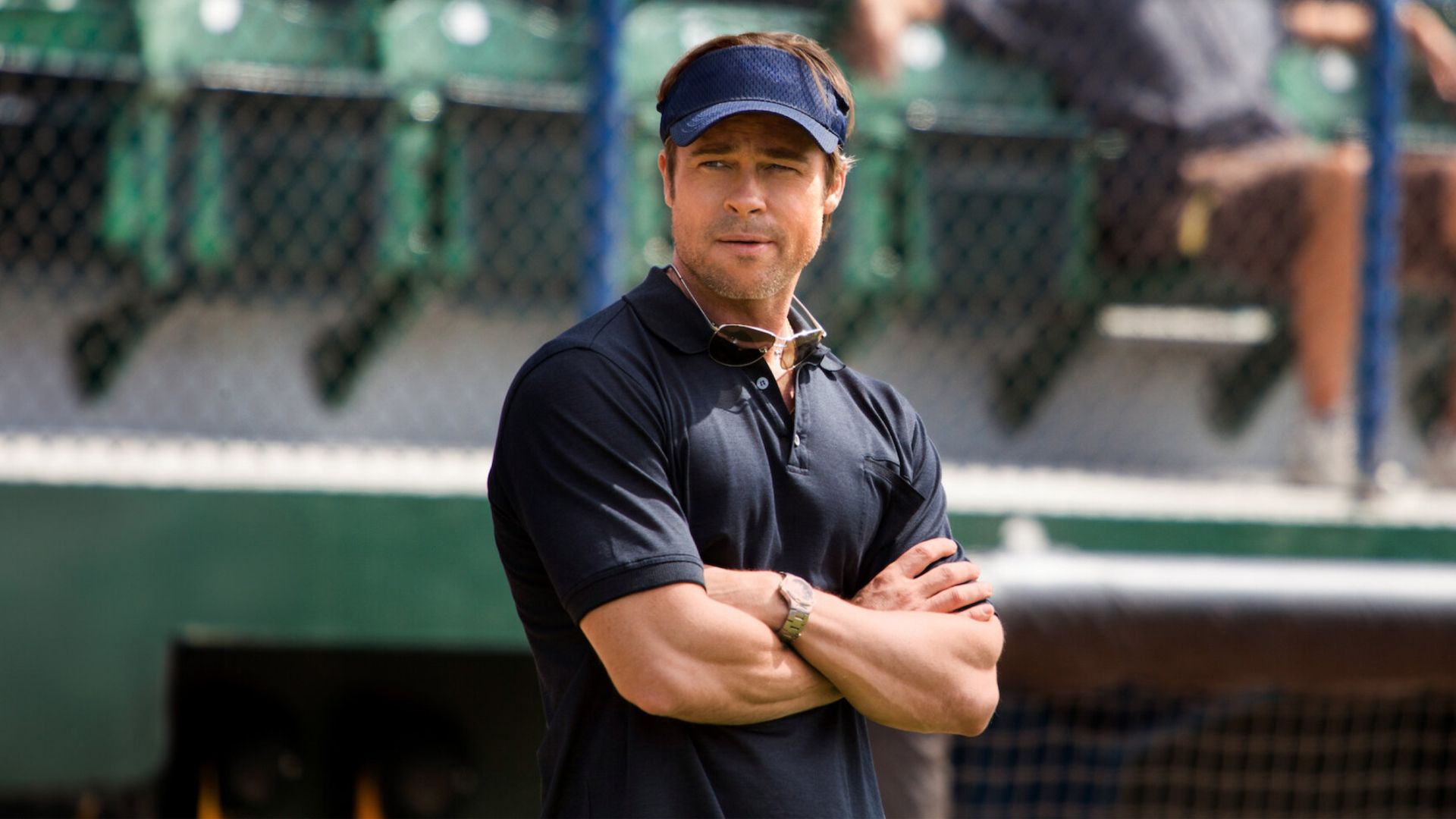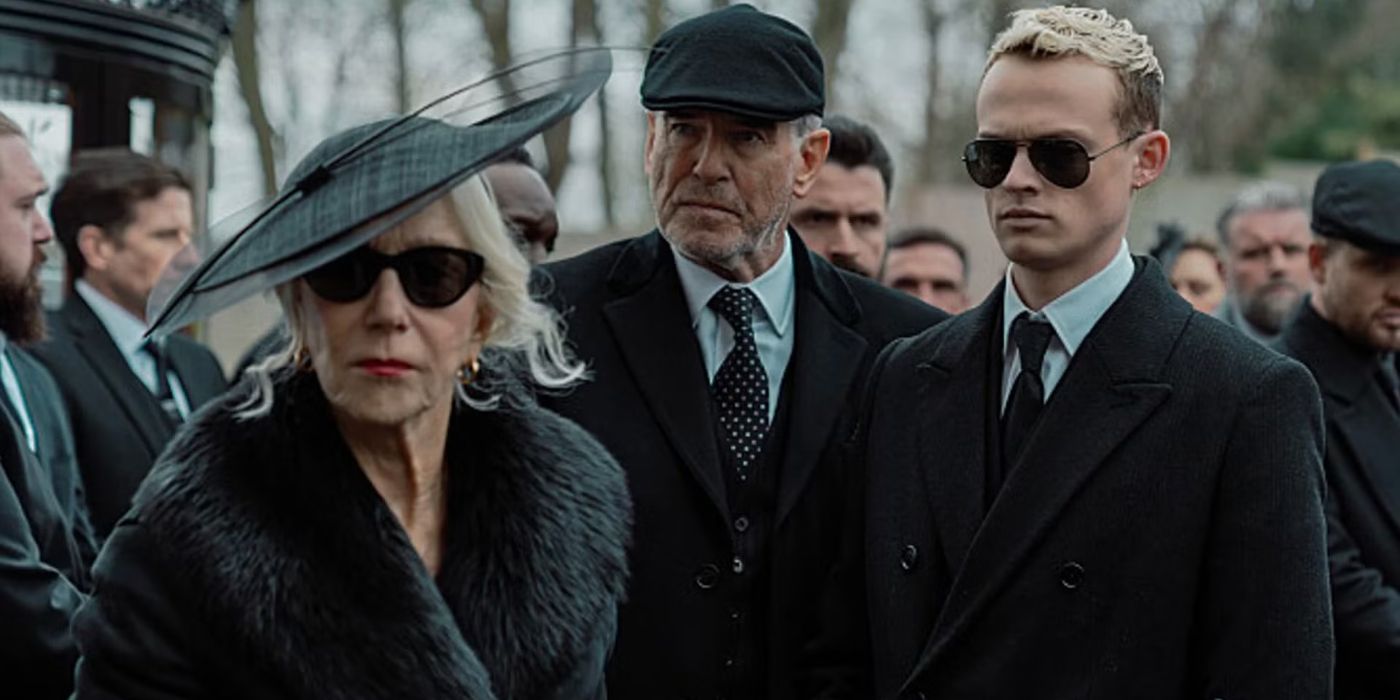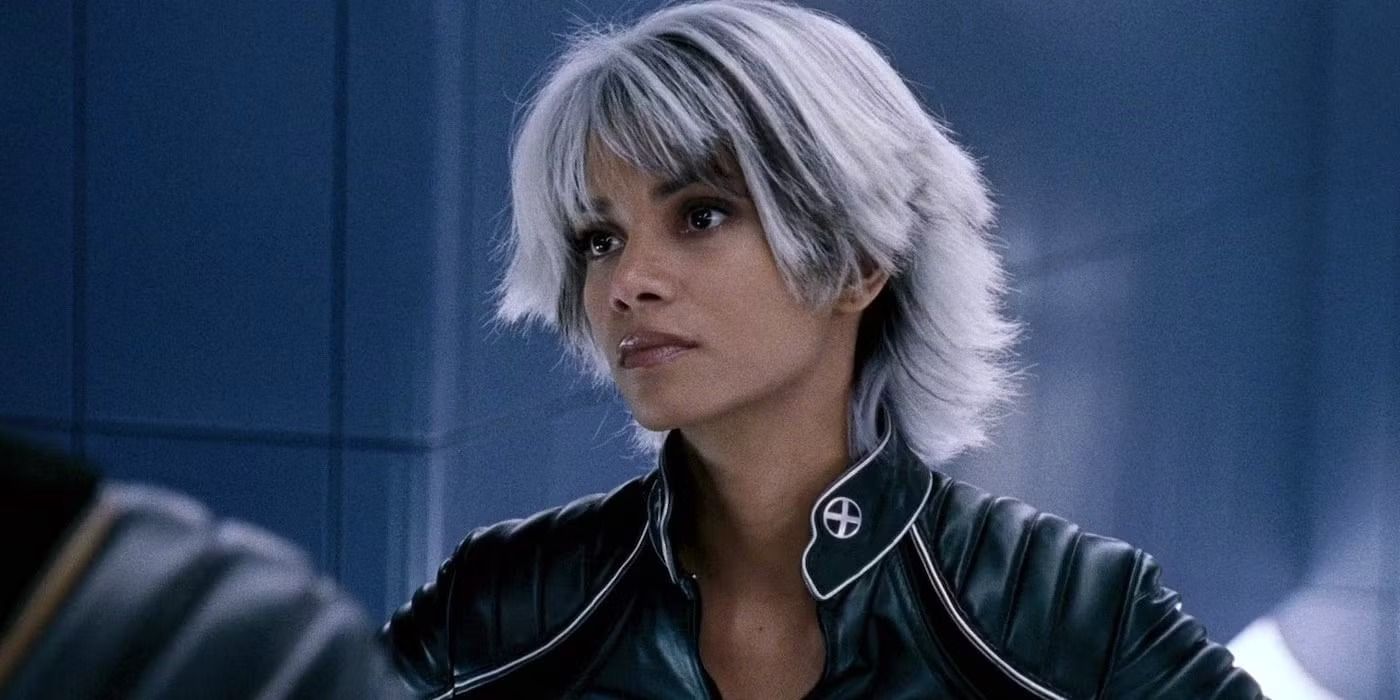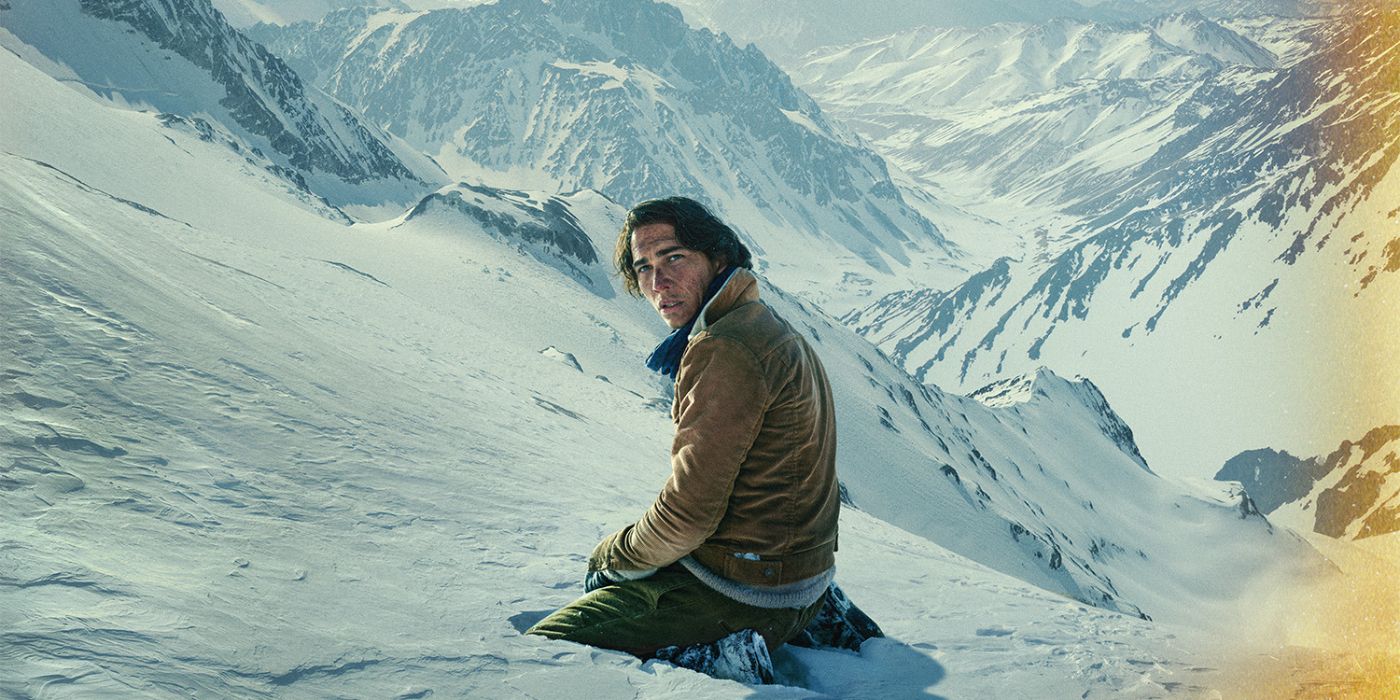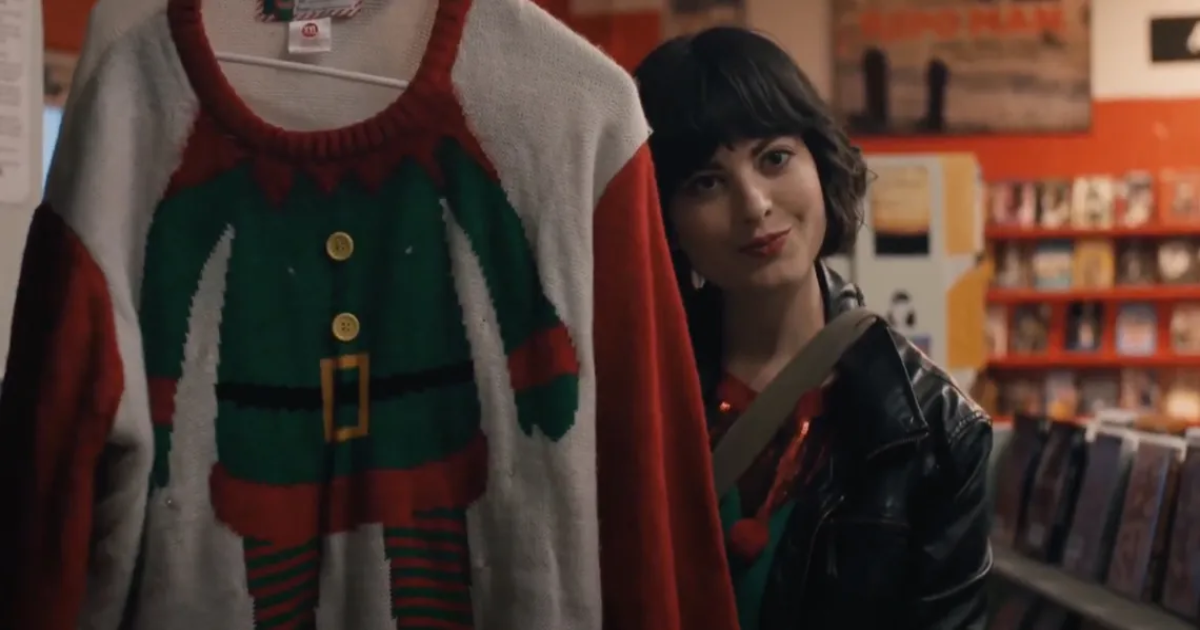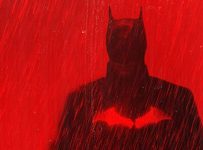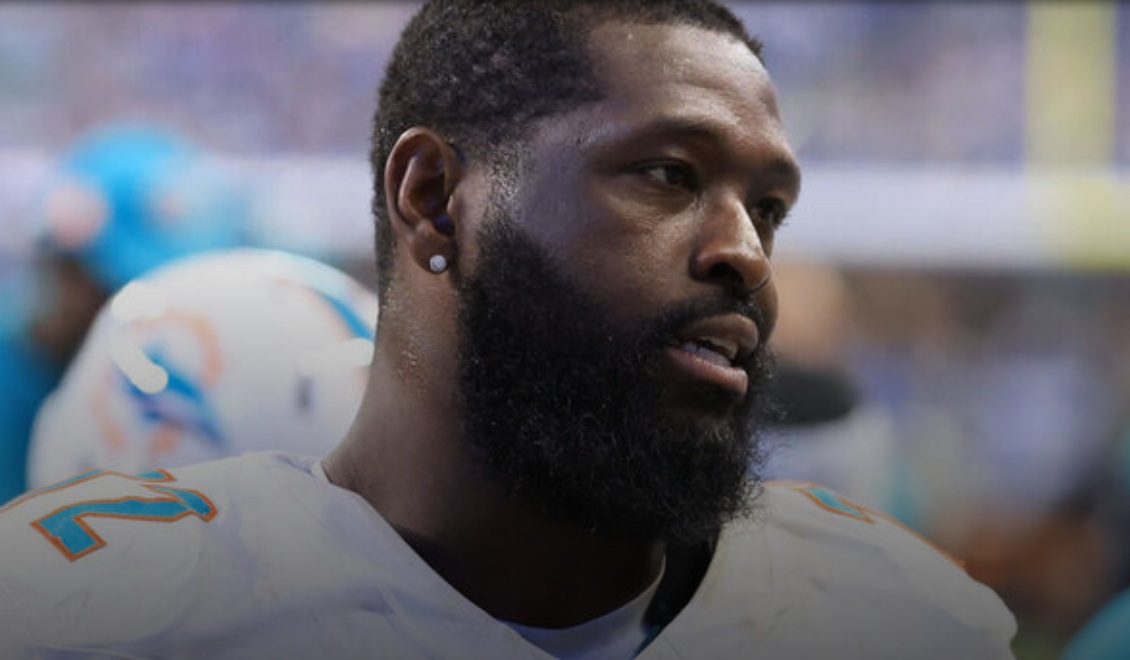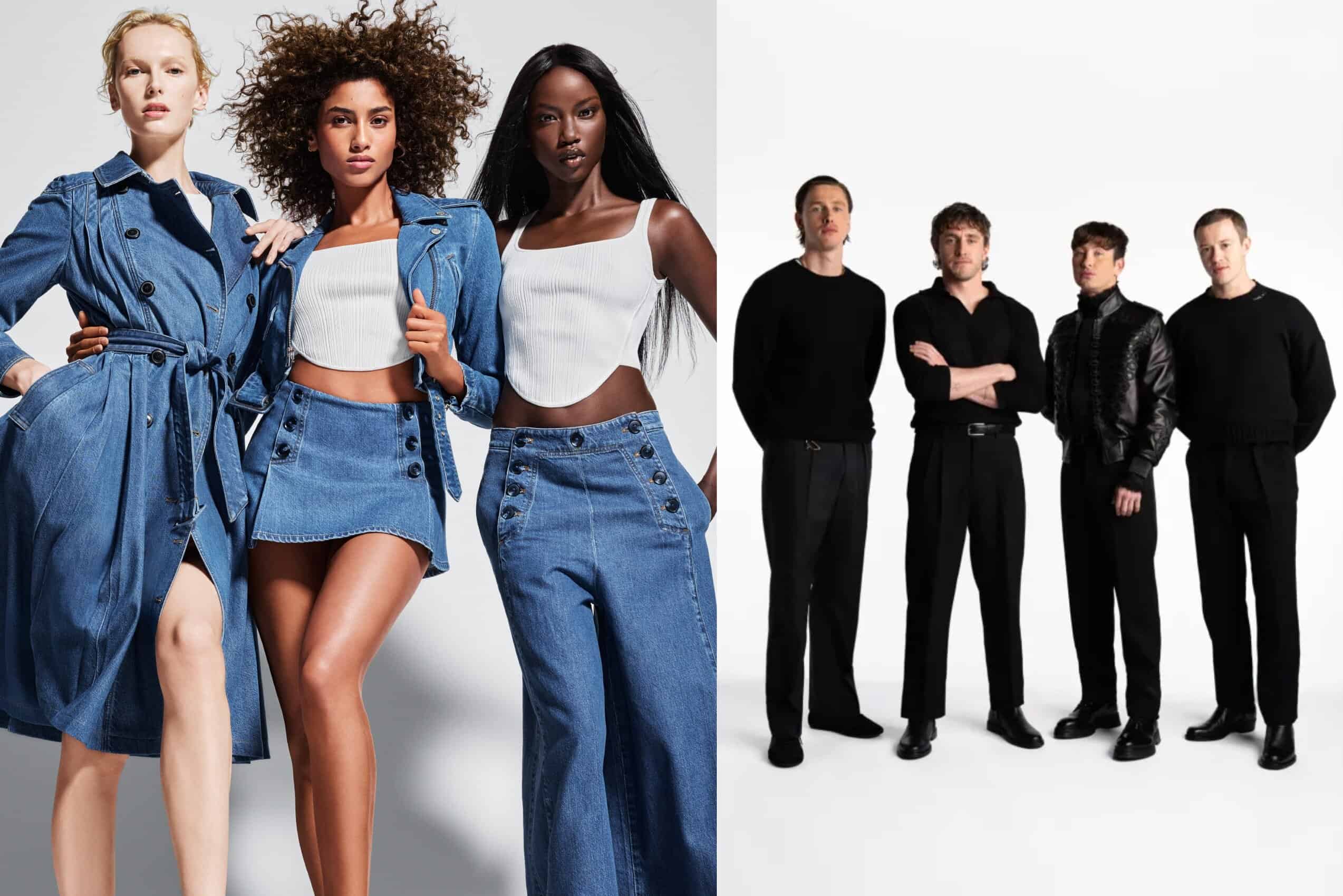To be fair, “Hallelujah: Leonard Cohen, A Journey, A Song” isn’t a traditional bio-doc in that it highlights a single piece of art more than the artist who made it. However, Dan Geller and Dayna Goldfine’s film really uses Cohen’s masterpiece as the center of a journey through the life, loves, and work of one of the best songwriters of all time. Most songs couldn’t carry the weight of a project like this one—“Hallelujah” isn’t like most songs. Not only has it become one of the most beloved tunes of all time, but it has shifted and changed over the years, becoming a way to read not just Cohen’s career but the way he influenced the entire music industry. Admittedly, I am a huge Cohen fan, so my take on this project could be a little biased, but I found it illuminating in how it pulls Cohen out of the songwriting shadows of his own making and details not only his process but his connections to the music world.
Geller and Goldfine actually take a while to get to “Hallelujah,” serving up a more traditional bio-doc for the first third of the film, striking a tone that feels gentle and intellectual like Cohen himself. There are stories from collaborators like Judy Collins, who speaks on hearing “Suzanne” for the first time, or mega-producer Clive Davis, who drops this gem: “No one walked in his path; he didn’t walk in anybody else’s path.” The picture of Cohen that emerges early in the film is that of someone who was a respected elder right from the start, coming into his folk music scene older than a lot of his colleagues, and with a poetic view of the world.
Cohen was also an obsessive perfectionist, and that feeds into the creation of “Hallelujah,” a song he worked on for years, reportedly revising over a hundred verses until it was just right. And then, notoriously, revising it again, from its original recording, which bombed, to live shows where the song took on much different, sexual tone. Most of the covers over the years have even altered it further, taking part of the first version and part of the second—believe it or not, the “Shrek” version which made the song popular for a new generation is its own hybrid, and often that is now one of the most-covered. The song has had life, changing and shifting depending on the time and the performer.
You can view the original article HERE.
